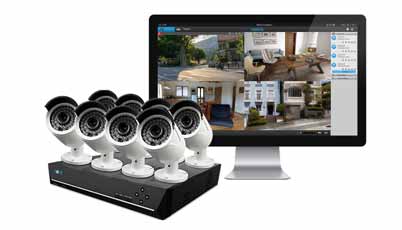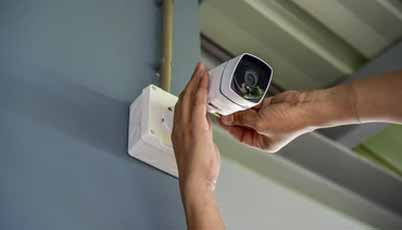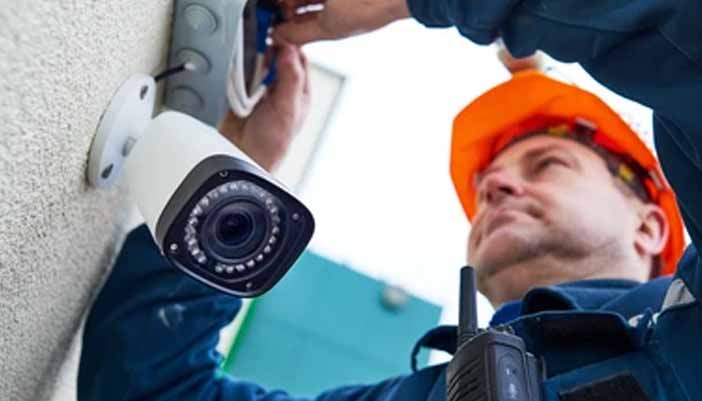When installing CCTV cameras in your home or office, you need to consider several factors. These include data protection laws, legal issues, storage capacity, and angle of installation. These considerations will help you choose a CCTV system that will best serve your needs. This article will cover some of the most important things to consider when installing CCTV cameras. Make sure to read all of the following tips to avoid making mistakes. Weigh these tips carefully before making a final decision.
Data protection laws

If you are planning to install CCTV cameras in your property, you should know the data protection laws to ensure that you meet all the necessary regulations. GDPR or General Data Protection Regulation (GDPR) came into force on 25 May 2018 and has changed how businesses approach data and CCTV footage. Businesses of all sizes need to be aware of these regulations and implement measures to comply with them. GDPR violations can result in fines of up to EUR 20 million or 4% of global turnover. GDPR is applicable to organisations worldwide that process the personal data of citizens of the European Union. CCTV cameras must be properly installed and used within the context of GDPR.
Legal issues
There are several legal issues you need to take into consideration when installing CCTV cameras. While you don’t need permission for CCTV cameras to be installed on domestic property, there may be restrictions on installing cameras in conservation areas or listed buildings. To make sure your CCTV installation is compliant with these rules, contact your local planning authority. If you are installing CCTV on a commercial property, you must register with the Information Commissioner’s Office (ICO) and complete a Privacy Impact Assessment (PIA).
Storage capacity

There are many factors to consider when choosing storage capacity when installing CCTV cameras. The more megapixels the camera has, the more storage it requires. As the cameras continue to improve in quality and megapixels, storage capacities are rising. In 5 years, the ‘norm’ should be somewhere between 480GB and 600GB. For most users, it is best to purchase cameras that have high resolution and long-term storage.
Angle of installation
Identifying the best location for CCTV cameras is critical to a successful security installation. In a typical business or home environment, you can install a single camera in a high-traffic area, and use two or more to monitor the same space. Ideally, your surveillance cameras will have different angles of view to ensure that the area covered by both cameras is well-protected. To find the best spot for your surveillance cameras, check the floor plan for the best coverage.
Cost

The cost of CCTV cameras varies greatly depending on the size of your home or business. Generally, the more space you need covered, the higher the camera cost. Additionally, larger areas may require higher quality cameras. Other factors to consider include lighting conditions and unusual angles. Motion detection and night vision cameras can also be costly. Cost of installing CCTV cameras varies, but you can expect to spend $100 to $200 for professional installation. In addition to camera costs, you must also factor in labor.
Conclusion
If you’re considering purchasing a CCTV camera, you may be wondering what type of video quality to expect. The most important factor to consider is the resolution of the video. High-quality video can make all the difference in your security system, so you’ll need to choose the correct resolution for your surveillance system. While you can choose from an array of resolutions for your CCTV cameras, make sure to choose a camera that can provide the highest quality video.
